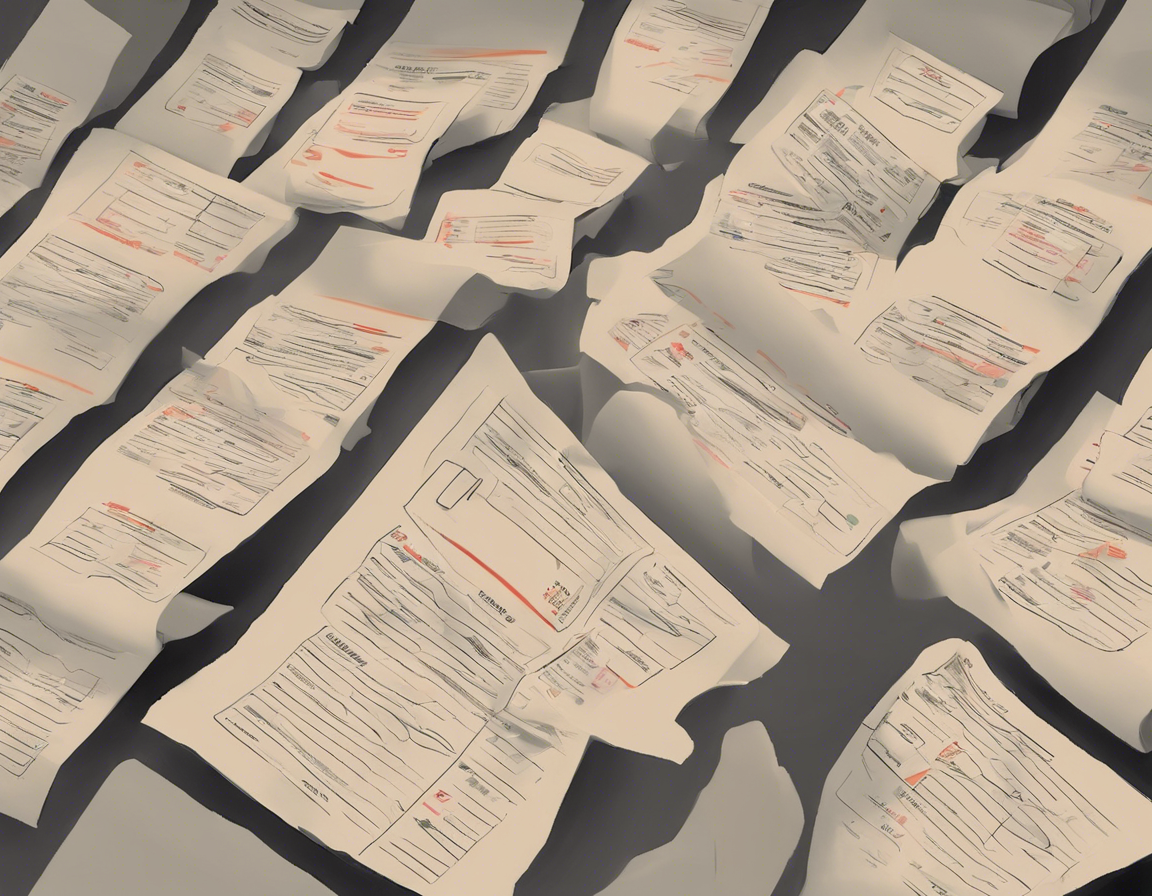The term NRC stands for National Register of Citizens, an official record of all legal citizens of a country. The NRC process is aimed at identifying and documenting legal citizens and differentiating them from illegal immigrants. This system is crucial for maintaining the demographic data and ensuring the security of a nation by accurately identifying its citizens.
Understanding the National Register of Citizens (NRC)
What is the National Register of Citizens (NRC)?
The National Register of Citizens (NRC) is a register containing names of all genuine Indian citizens residing in a particular state or union territory. It was first created in 1951 to document the citizens of India based on the census that year.
How does the NRC work?
The NRC process involves the verification of the citizenship of applicants through the submission of specific documents that prove their lineage and residence in India up to the cut-off date decided by the government. This process is carried out under the supervision of the Registrar General of India and is subject to legal scrutiny and appeals.
Purpose and Significance of the NRC
The primary purpose of the NRC is to identify illegal immigrants residing in the country and distinguish them from genuine citizens. This helps in maintaining law and order, ensuring the rights of citizens, and protecting the resources and opportunities meant for legal residents of the country.
NRC in India
NRC in Assam
The NRC process gained significant attention in India when the state of Assam conducted an updation of its NRC to identify illegal immigrants, primarily from Bangladesh. The process involved a rigorous verification of documents and resulted in the exclusion of a significant number of individuals from the final list.
Controversies and Challenges
The NRC process in Assam faced various controversies and challenges, including concerns about the exclusion of genuine citizens due to document-related issues, the humanitarian aspect of rendering people stateless, and the potential social unrest that could arise from the process.
Expansion of NRC
Following the implementation of the NRC in Assam, there were discussions about extending the process to other states in India to identify and address the issue of illegal immigration nationwide. However, the practicality and challenges of implementing such a massive exercise have been subjects of debate and deliberation.
FAQs about the National Register of Citizens
1. What documents are required for the NRC process?
To be included in the NRC, individuals need to submit documents such as birth certificates, land records, passports, and other identification papers that establish their lineage and residency in India up to the specified cut-off date.
2. Can a person be declared a non-citizen based on the NRC?
Yes, individuals who fail to provide sufficient evidence of their citizenship or are unable to pass the verification process may be excluded from the NRC list and deemed as non-citizens.
3. What happens to those excluded from the NRC?
Individuals excluded from the NRC have the right to appeal against their exclusion and prove their citizenship through a legal process. They may also be provided with certain facilities and protections until a final decision is made on their citizenship status.
4. Is the NRC a one-time exercise?
The NRC is typically conducted as a one-time exercise in a particular state or region to update and verify the citizenship records of its residents. However, it can be repeated in the future based on government decisions and requirements.
5. How does the NRC affect genuine citizens?
While the NRC is aimed at identifying illegal immigrants, there have been cases where genuine citizens have been excluded from the list due to issues with document submission or verification. This raises concerns about safeguarding the rights of legitimate residents during the process.
In conclusion, the National Register of Citizens (NRC) plays a vital role in identifying and differentiating legal citizens from illegal immigrants for the maintenance of national security and resources. Although it has been subject to controversies and challenges, the NRC remains a crucial tool for ensuring the integrity of citizenship records and upholding the rights of genuine residents in a country.
